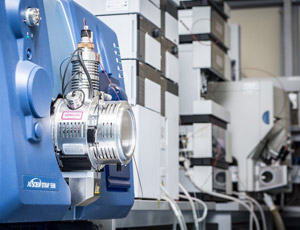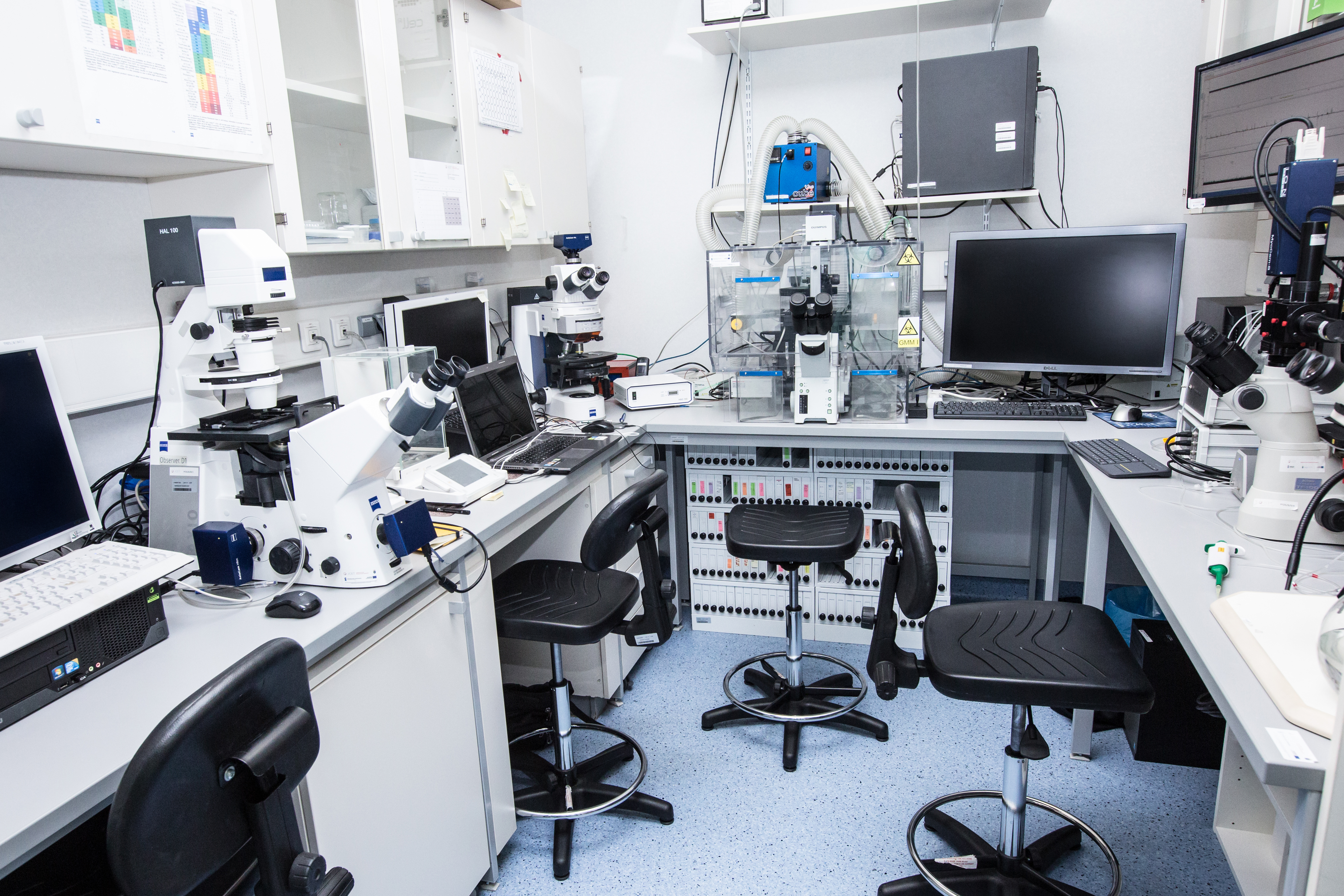
Project description
Type 1 diabetes mellitus (T1DM) is a multifactorial autoimmune disease characterised by the destruction of pancreatic β-cells, leading to irreversible insulin deficiency. Many studies confirm that physical activity in T1DM increases insulin sensitivity, reduces blood glucose levels, decreases body fat, improves body mass composition and cardiovascular function. In this context, it is particularly intriguing that people with T1DM can have remarkable achievements, especially in competitive sport at the Olympic level [1,2].
Therefore, the aim of this study will be to search for unknown compensatory mechanisms in an animal model of T1DM. The research hypothesis will be verified in T1DM patients, active and inactive in sports, treated at the Department of Metabolic Diseases and Diabetology of the University Hospital in Krakow.
The research hypotheses and questions posed in this project are based on published results indicating the presence of unknown compensatory mechanisms that are activated in individuals with T1DM involved in competitive sports. It was hypothesised that compensatory mechanisms may be activated in the endothelium and may be related to increased synthesis of endogenous vasoprotective, anti-inflammatory and anti-thrombotic mediators in the endothelium. The results of the study will bring closer to answering the question of whether type 1 diabetes confers a metabolic advantage in certain sports.
References:
- Benbenek-Klupa T, Matejko B, Klupa T. Metabolic control in type 1 diabetes patients practicing combat sports: at least two-year follow-up study. Springerplus. 2015 Mar 17;4:133. doi: 10.1186/s40064-015-0919-5.
- Matejko B, Benbenek-Klupa T, Malecki MT, Klupa T. Type 1 Diabetes and Combat Sports: Improvement in Glycemic Control With Gained Experience. J Diabetes Sci Technol. 2018 Sep;12(5):1088-1089. doi: 10.1177/1932296818769337.
How to apply?



